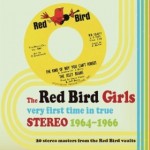
By Ken Paulson
— Rick Nelson was best known as a teen idol whose family starred in The Adventures of Ozzie and Harriet, one of the most popular television shows of its era.
But he was also one of those rare artists whose best work actually came after his hit-making and television star years.
His early hits hold up well and most feature James Burton on guitar, but Nelson’s most interesting work came with the formation of the Stone Canyon Band, a pre-Eagles outfit that helped pioneer country rock.
Nelson’s 1972 hit “Garden Party” set the stage for a series of tasteful albums, which included a number of his own compositions. Windfall, Rick Sings Nelson and Rudy the Fifth were all adventurous and entertaining albums. Unfortunately, the sales were not as impressive as the content and Nelson left MCA to sign with Epic. He hoped for a rewarding creative environment, but it didn’t turn out that way.
Rick Nelson: The Complete Epic Recordings (Real Gone Music) contains three albums Nelson recorded for the label, only one of which was released in his lifetime. The best material here is outstanding and the rest is instructive.
Intakes, the only album to have an official release in Nelson’s lifetime, was outstanding, yet largely overlooked. It included “One X One” and Wings – two fine Stone Canyon Band songs – plus terrific covers of Gallagher and Lyle’s “Stay Young” and Brenton Wood’s hit “Gimme A Little Sign.”
The next 10 songs on the album are from the never-released Back to Vienna album. As James Ritz points out in his excellent liner notes, this was an aggressive attempt to modernize Nelson’s sound, with Al Kooper at the helm. It was all too much and the songs sound cluttered and unfocused.
There are some interesting moments, including a cover of Arthur Alexander’s “Every Day I Have to Cry Some” and Bob Dylan’s “Mama, You’ve Been on My Mind,” but most of Vienna is forgettable. Still, this is a valuable slice of rock history and it’s good to have it available.
The second disc in the set is called “Rockabilly Renaissance” and features classic rock ‘n roll performances in a stripped-down style that Nelson had to be very comfortable with. There are great moments throughout, including a sizzling version of “That’s All Right Mama”, a driving “Rave On” and a totally unexpected take on Stealers Wheel’s “Stuck in the Middle.” A highlight is “Send Me Somebody to Love,” one of two tracks written by a young Tim Krekel. Inexplicably, Epic sat on this release, eventually putting out an EP with four remixed tracks.
Like other releases from Real Gone Music, The Complete Epic Recordings is a collector’s dream. In addition to releasing the original rockabilly album that Nelson delivered to Epic, the collection has multiple alternate mixes. Do you love John Fogerty’s “Almost Saturday Night?” You’ll find it here in three different incarnations.
If Rick Nelson had not died in a plane crash in 1986, today he would be a regular at the Americana Music Festival, honored as the creative artist and pioneer he was. The Complete Epic Recordings serve as a vibrant reminder of his talent and range.
 We’ve written in the past about B.J. Thomas’ continuing vibrancy as an artist, most recently during his appearance at the Franklin Theater in greater Nashville this spring.
We’ve written in the past about B.J. Thomas’ continuing vibrancy as an artist, most recently during his appearance at the Franklin Theater in greater Nashville this spring.
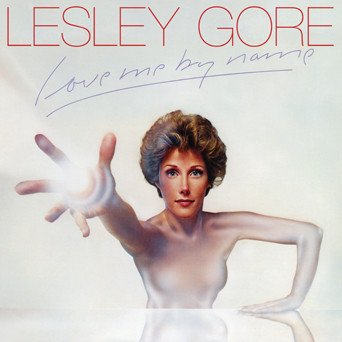

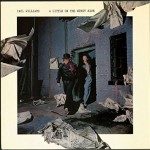

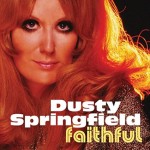


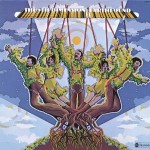
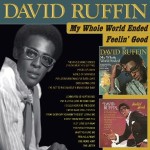

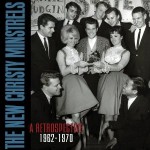 By Ken Paulson
By Ken Paulson
 By Ken Paulson
By Ken Paulson